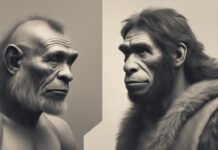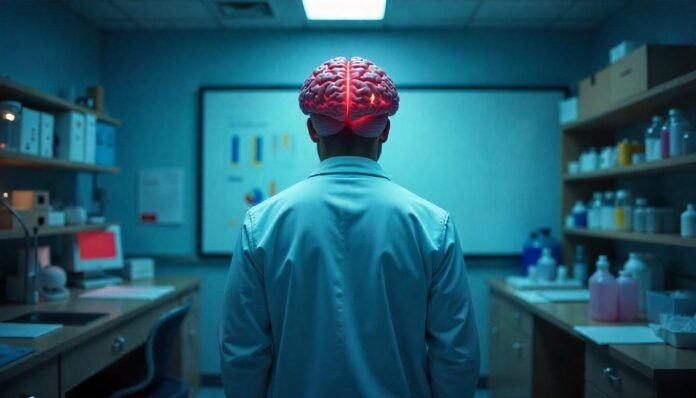
In 2025 we’re on the verge of something big. REALLY BIG. Yes, we’re talking about the potential emergence of AGI or ASI: Artificial General Intelligence. And one concept that is always closely associated with discussions about AGI is the idea of possessing complete knowledge—the entirety of human history, every scientific (and non-scientific) book, and the huge expanse of the whole internet.
Essentially, everything!
So that chain of (potential AGI) events gave us an idea; let’s create a thought experiment on what if you (individual person) knew everything.
What would it actually mean to know everything and how would it look like? If AGI someday achieves omniscience (and it will very soon), could it surpass humanity entirely? How would such knowledge affect its functionality and behavior?
Similarly, if a human could access such infinite knowledge, would they transcend their limitations, or would they completely crumble under the weight of infinite data?
This thought experiment really pushes us to imagine a world where knowledge has no boundaries.
But before we answer the big questions, let’s start by unpacking what “knowing everything” might look like in mathematical and storage (terabytes?) terms…
Interesting fact: The average person processes about 74GB of information daily, the equivalent of watching 16 movies. Knowing everything would multiply that by infinity.
How Many Megabytes is “Everything”?

Let’s put a number on omniscience (the state of knowing everything). How much data would it take to store everything there is to know?
Scientists estimate that all human knowledge—every book, every scientific paper, every image, and every video—amounts to about 295 exabytes of data. And this is from paper published in 2011. Now it is much more!
Nonetheless, let’s break down this numbers with detailed calculations.
Books and Articles

There are an estimated 130 million books globally. If the average book contains 64,000 words and each word is approximately 6 bytes, the storage required for all books would be:
- 130,000,000 books × 64,000 words × 6 bytes = 49.92 terabytes
Add to that the billions of articles published online. Assuming 500 million major articles exist, with an average length of 1,000 words, we get:
- 500,000,000 articles × 1,000 words × 6 bytes = 3 terabytes
Total so far: ~ 53 terabytes
Academic Papers
Google Scholar indexes over 200 million academic papers. If each paper is about 8,000 words:
- 200,000,000 papers × 8,000 words × 6 bytes = 9.6 terabytes
Videos
YouTube alone hosts over 500 hours of video uploaded every minute. That equates to 720,000 hours daily. Let’s say that 1 hour of video equals 1GB (even though is much more depending on the quality of video):
- 720,000 hours/day × 365 days = 262,800,000 hours/year
- 262,800,000 hours × 1GB/hour = ~ 263 petabytes/year
Now consider 15 years of YouTube content:
- 263 petabytes/year × 15 years = ~ 3.95 exabytes
Add content from Netflix, TikTok, and other platforms, and a rough estimate might double this figure to ~ 8 exabytes.
Images
It’s estimated that humanity has taken over 1.72 trillion photos. If each photo is 5MB on average:
- 1,720,000,000,000 photos × 5MB = 8.6 exabytes
Social Media
Social media platforms generate massive data. Facebook alone processes 4 petabytes of data daily, or:
- 4 petabytes/day × 365 days = ~ 1.46 exabytes/year
The Internet as a Whole
Cisco estimates global internet traffic at 64 zettabytes in 2020. If we include the vast amount of data that isn’t actively part of internet traffic but still stored (e.g., archives), we might reach around 295 exabytes of unique, non-redundant data.
Grand Total
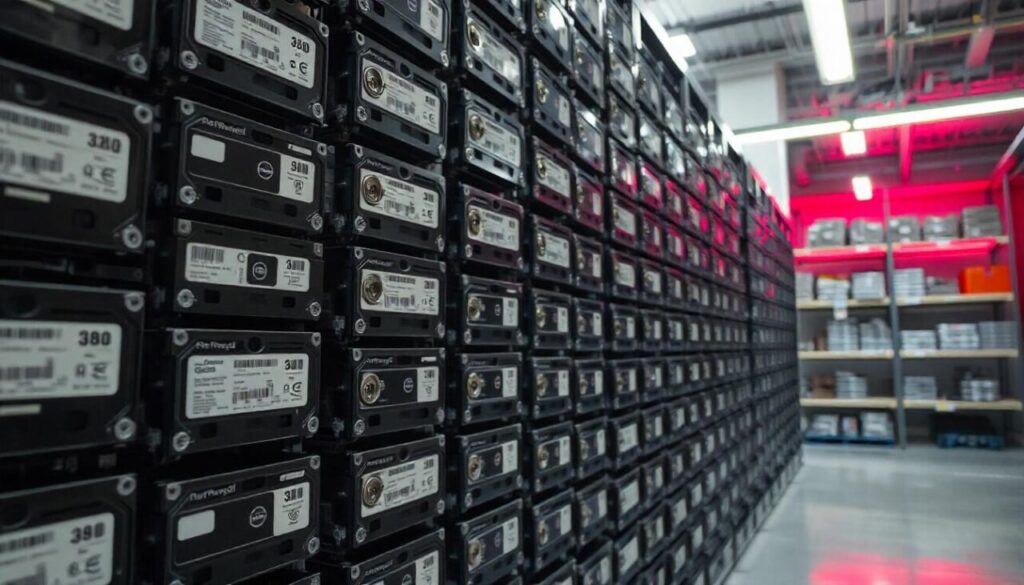
Combining all these estimates:
- Books and articles: ~ 53 terabytes
- Academic papers: ~ 9.6 terabytes
- Videos: ~ 8 exabytes
- Images: ~ 8.6 exabytes
- Social media: ~ 1.46 exabytes
- Other internet data: ~ 275 exabytes
Grand total: Approximately 295 exabytes of human knowledge.
Okay, now that we have all the data, let’s explore some potential consequences of knowing IT all.
Interesting fact: The human brain’s estimated storage capacity is 2.5 petabytes—not even close to storing everything in the digital world. To be exact: 295 exabytes is 118 million times bigger than 2.5 petabytes.
Constant Innovation
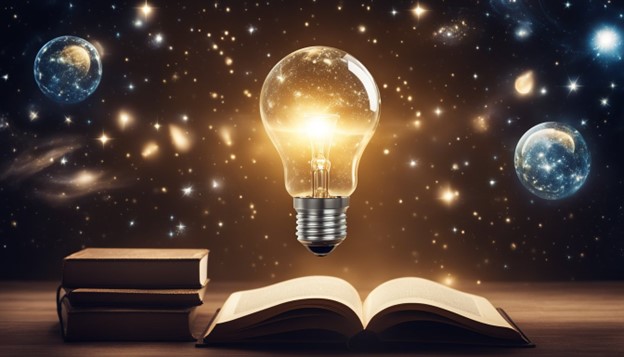
If you knew everything, your potential for innovation would be limitless. You’d have the answers to every scientific mystery and the ability to create groundbreaking inventions daily.
Basically, you’d receive Nobel prize EVERY year for EVERY field.
Let’s imagine how this could play out.
Physics and Chemistry
You could design nuclear fusion reactors that are 100% efficient, creating infinite clean energy. You’d understand quantum mechanics so thoroughly that teleportation becomes a reality. Your work would all revolutionize industries overnight.
Medicine
With complete knowledge of every disease, you’d instantly create cures for cancer, Alzheimer’s, and every genetic disorder. Vaccines would be developed in minutes instead of years, eradicating pandemics before they even start.
Economics and Sociology
You’d predict market trends with absolute accuracy, eliminate poverty (for yourself?), and create economic systems that ensure prosperity for all. Knowing the intricacies of human behavior would let you solve social problems effortlessly.
Arts and Literature

Your omniscience wouldn’t stop at science. You’d write novels so profound they’d redefine storytelling. Paint masterpieces that combine every artistic technique. Compose symphonies that leave audiences speechless.
And as mentioned, contributing breakthroughs in every field, you’d win the Nobel Prize annually in multiple categories—peace, literature, medicine, physics, and economics. Your name would become synonymous with human advancement. Basically you’d become some kind of a God. That is, of course, if you’d be the only one who has this ability – knowing everything.
So far so good. But let’s see other consequences. Many are negative btw (for that individual that is).
Interesting fact: Only 984 individuals and 28 organizations have won Nobel Prizes since 1901. Knowing everything would let you surpass all of them combined.
The End of Mystery
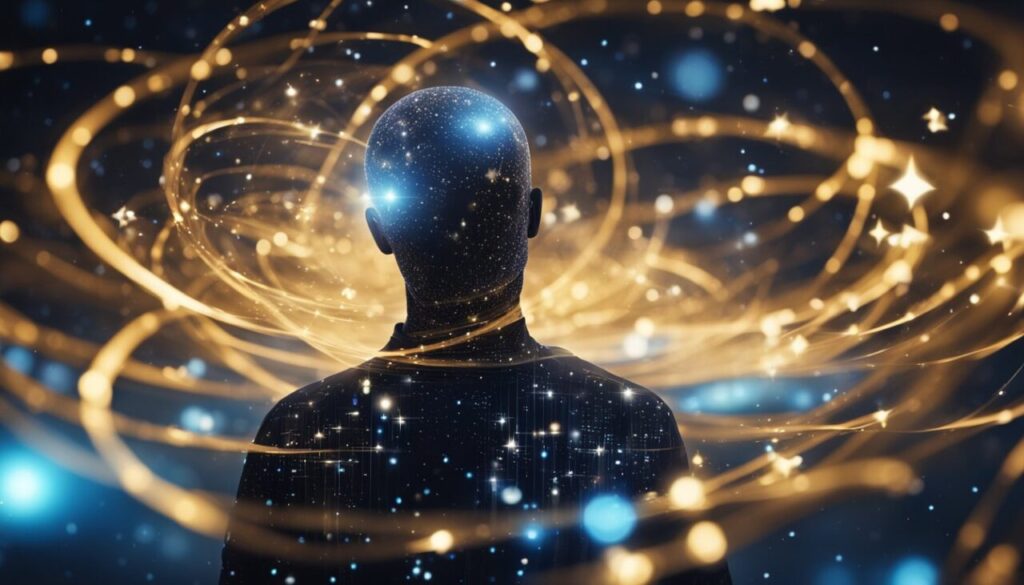
A life without questions is a life without curiosity. And that’s a synonym for boring life. Knowing everything means there’s nothing left to learn. No more late-night rabbit holes or “aha” moments when you finally solve a tricky puzzle.
There’s no movies you could watch, no music that could surprise you.
Think about watching a magician perform a jaw-dropping trick. Part of the thrill comes from wondering, “How did they do that?”
If you already knew, the magic would vanish. Life would become a rerun of a show you’ve watched a thousand times. Predictable. Boring. Awful!
Let’s get weird. Imagine you’re on a first date. You already know their favorite color, their secret fear of clowns, and how the night will end.
Would you even bother showing up?
Well, you probably would, because you’d have all the powers needed to take this person to some intimate late night shenanigans in your bed. That part of life (making love) would probably still be interesting to you. Because joy and pleasure is something that is not corelated (positively or negatively) with knowing everything.
Interesting fact: Studies show the brain releases dopamine—the “feel-good” chemical—when you solve a mystery. Knowing everything woul eliminate that rush altogether.
Would You Have Superpowers If You Knew Everything?

With infinite knowledge, would you become a real-life superhero? Let’s explore. You’d certainly have many many advantages:
- Predicting outcomes: You’d know what’s going to happen before it does. Lottery numbers, stock markets, sports results—you’d win every time.
- Solving problems: Disease? Cured. Global warming? Fixed. Your omniscience would make you the ultimate problem-solver.
- Mastering skills: You could pick up any instrument, speak every language, and cook every recipe perfectly on your first try.
- Martial arts: Well that depends on your physical characteristics but surely you’d be able to master that part as well.
- Telepathy: With complete understanding of how thoughts work, you might simulate telepathy by interpreting micro-expressions, voice inflections, and subtle cues others don’t even know they’re giving away. People might genuinely believe you can read minds.
- Time Manipulation: While you can’t physically stop time, your deep understanding of relativity and perception could let you experience “time dilation.” You’d react faster and more precisely than anyone else, effectively slowing down the world around you.
- Influencing Emotions: You’d know exactly what to say or do to elicit a specific reaction in others. Whether it’s calming someone in distress or rallying a crowd, your ability to manipulate emotions could feel like magic.
- Deciphering the Universe: If you truly knew everything, you might uncover the universe’s deepest secrets—like alternate dimensions or hidden forces. Would you develop technology that seems indistinguishable from magic?
- Creating Illusions: By understanding optics, psychology, and technology, you could create hyper-realistic illusions to fool anyone, from simple tricks to full-on reality distortions.
- Rewriting Reality: Knowing every molecule’s state and how to manipulate it theoretically puts you in control of physical reality itself. Could you rearrange atoms to create matter from thin air?
- Omniscient Zen: On a more philosophical note, infinite knowledge might bring you inner peace. Understanding the why behind everything could dissolve fear and frustration, making you seem like an unshakable, almost divine figure.
But would these abilities actually make you a hero or just a highly capable human? Superpowers often imply transcending human limits—flying, super strength, invisibility.
Knowing everything might let you understand how to create those powers for yourself, but it is impossible to know if all-knowing person would really have these abilities or superpowers.
And so…let’s turn to another hypothetical route.
Interesting fact: Nikola Tesla claimed he could visualize his inventions in full detail before building them. Imagine if your mind worked like that for every possible scenario.
A Hypothetical Timeline: How Long Would It Take to Know Everything?
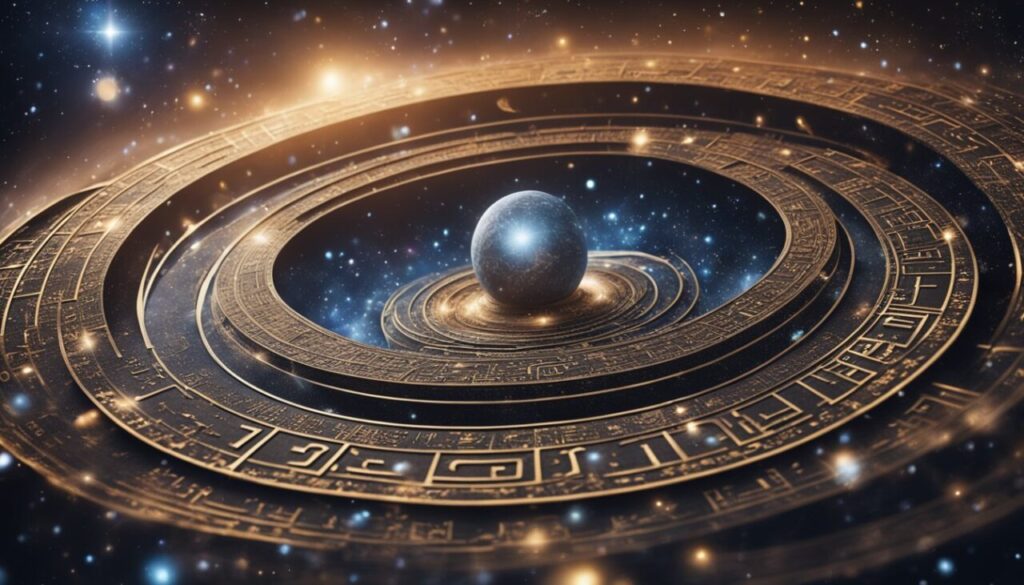
Let’s assume you’re a immortal being trying to consume all human knowledge. How long would it take? Start with scientific books. As mentioned, there are an estimated 130 million books worldwide, with an average length of 64,000 words.
Reading at a speed of 250 words per minute for 8 hours a day, you could finish one book every three days.
That’s roughly 120 books per year. At that rate, it would take over 1 million years to read every book ever written.
And that’s just books! Add academic papers, data sets, and unwritten knowledge, and you’re looking at a timeline longer than human civilization has existed.
Even with AGI or advanced neural implants to speed up the process, omniscience would be a monumental task.
And now, finally let’s try to explain what would really happen with omniscience person.
Interesting fact: The Guinness World Record for the fastest reader is held by Howard Berg, who claims to read 25,000 words per minute. Even at that pace, reading everything would take thousands of years.
The Existential Crisis

At the end of the day (or eternity, as the case may be), knowing everything might just lead to the mother of all existential crises. What’s the point of existence when there are no more questions to answer, no more mountains to climb, no more frontiers to explore?
You’d know the meaning of life, the universe, and everything (and yes, you’d know why 42 is the answer).
Sidenote: The number 42, as revealed in The Hitchhiker's Guide to the Galaxy by Douglas Adams, is the "Answer to the Ultimate Question of Life, the Universe, and Everything," calculated by the supercomputer Deep Thought after 7.5 million years of processing.
But would that knowledge bring satisfaction, or just an overwhelming sense of “now what?”
Maybe, just maybe, the real joy in life comes not from knowing, but from the journey of discovery. The stumbles, the setbacks, the “I have no idea what I’m doing” moments – these are what make us human
So, the next time you’re struggling to remember a fact or figure out a problem, be proud. Your ignorance might just be your greatest asset.
After all, in the grand scheme of things, isn’t it more fun to be a student of life than its all-knowing professor?
Interesting fact: Some philosophers argue that true omniscience is logically impossible, as it would create paradoxes like "Can an omniscient being know what it's like to not know something?"


























